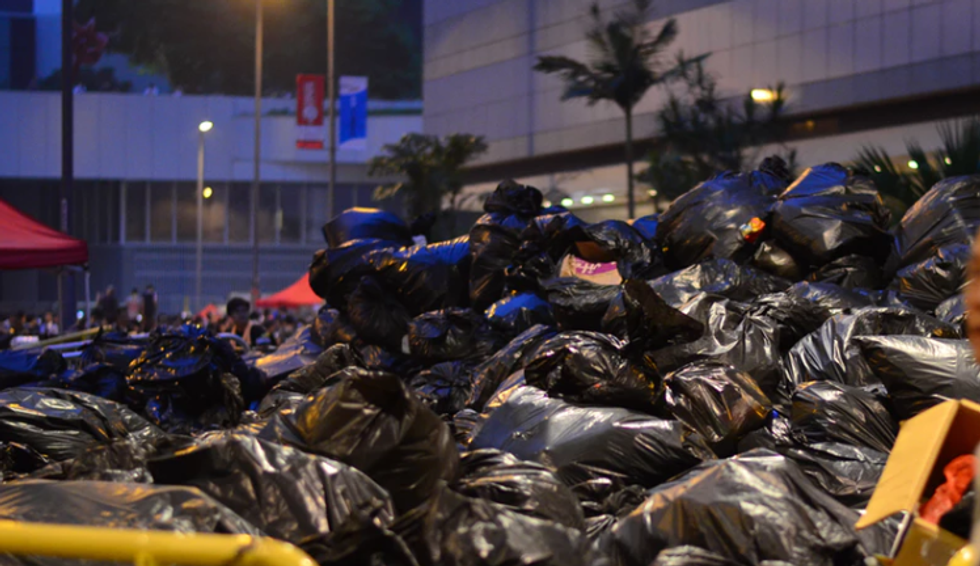In a world overrun with talk about climate change and the increasing pressure to have a 'green thumb', people all around the world are scrambling to lower their waste. Every day I see people in different articles and magazines who are 'zero waste' or have this perfect example of life without waste, and I feel like it sets unrealistic expectations for how others on what a less wasteful life should be. Not everyone has the means to live waste-free because it can get very expensive and it requires a lot of dedication that not everyone can commit to. Due to this, I decided to come up with some ways that I can reduce my waste without completely changing my way of living, but still contributing to a better environment.
Eliminating single-use plastics is probably the easiest way to conserve.
 Unsplash
UnsplashToothbrushes, water bottles, plastic silverware and straws – single-use plastics are everywhere, and they're terrible for our environment. Plastic waste will outlive us and many of our future generations, and as we contribute to the plastic waste, it may outnumber us soon, too. By using wooden, recyclable toothbrushes, reusable bottles and cups, and of course reusable silverware is the best way to limit single use plastics. However, making sure you don't waste water by washing your reusable cups and silverware in the sink rather than a dishwasher is the key to truly reducing waste in this situation.
Use old grocery bags as trash bags instead of buying them from the store.

The large trash bags you buy at the store can also be considered single-use plastics, as well as plastic grocery bags you get at your local supermarket. Instead of throwing away the plastic grocery bags, and spending money on plastic trash bags just to throw them back in the dumpster, use those grocery bags for trash or recycling. They are much smaller, but because they're smaller they may motivate you to be smarter about what you want to throw out and what you want to recycle. You're still using a single-use plastic, but you go from discarding two of them to just one of them by using the grocery bags. And, bonus points if you use paper grocery bags for your recycling!
Donate and buy things secondhand.

The fashion industry is one of the biggest producers of waste in the world, and when you throw out your clothing and buy more from the store, you're only enabling their waste as well as promoting your own. By donating clothes you no longer need or want, you're not only reducing waste but giving back to the community. Stores like Goodwill and Salvation Army sell gently-used clothes at discounted prices, and you honestly never know what sort of diamonds in the rough you'll find there, which is extremely beneficial for people who are less well off and rely on secondhand stores for their wardrobes or other things. It's also beneficial to the average shopper, especially in the context of reducing waste, because by buying secondhand you stop the cycle of buying clothing from a store which therefore forces the manufacturer to create more waste by making more clothing.
There are so many other different things that you can do to reduce waste, and if you have the means to take it even further and become even more conservative, then the options can be endless. I've found that these are good places to start and small but easy steps in the right direction to improving the environment.
















